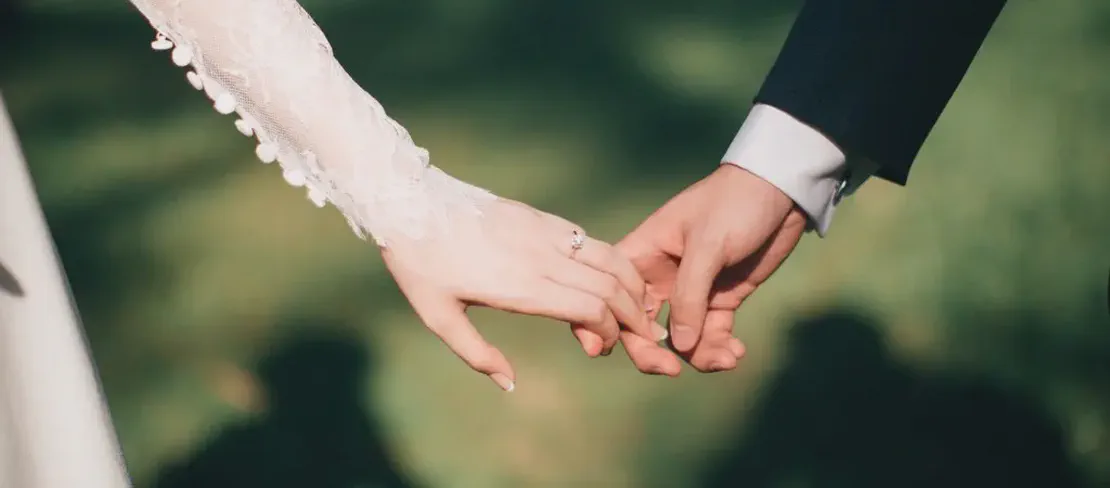
Bagpipes add a distinctive and ceremonial touch to weddings, particularly in Scottish, Irish, and other Celtic traditions.
Their powerful and emotive sound can elevate the solemnity and celebration of the occasion. Here’s how bagpipes are commonly incorporated into weddings:

Processional and Recessional
- Processional: Bagpipes are often used to lead the processional, creating a majestic entry for the wedding party and the bride. Traditional tunes such as “Highland Cathedral” or “Mairi’s Wedding” are popular choices.
- Recessional: At the conclusion of the ceremony, bagpipes can play an upbeat tune to celebrate the newlyweds as they exit. This adds a joyful and triumphant atmosphere to the moment.
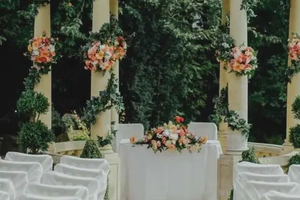
During the Ceremony
Bagpipes can be featured at various points during the ceremony, such as during a moment of reflection or to accompany the signing of the register. The music chosen can be reflective and emotive, enhancing the ceremonial ambience.

Pre-Ceremony and Cocktail Hour
Having a bagpiper play as guests arrive and during the cocktail hour sets a festive and welcoming tone for the celebration. It can also serve as an excellent conversation starter among guests.
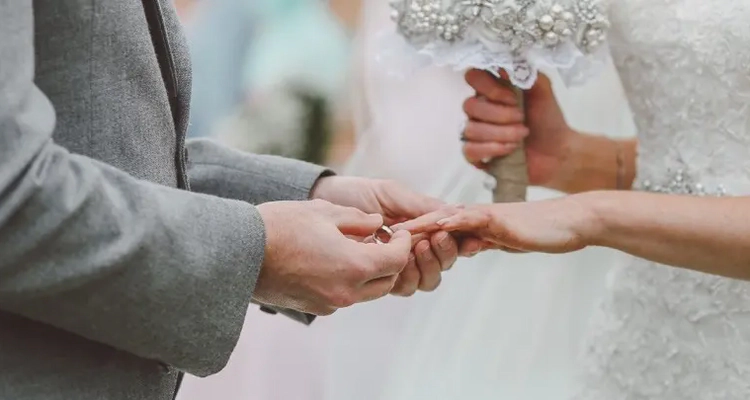
Grand Entrance at the Reception
Bagpipes can herald the arrival of the newlyweds to the reception, announcing them with grandeur and excitement as they enter the venue as a married couple for the first time.
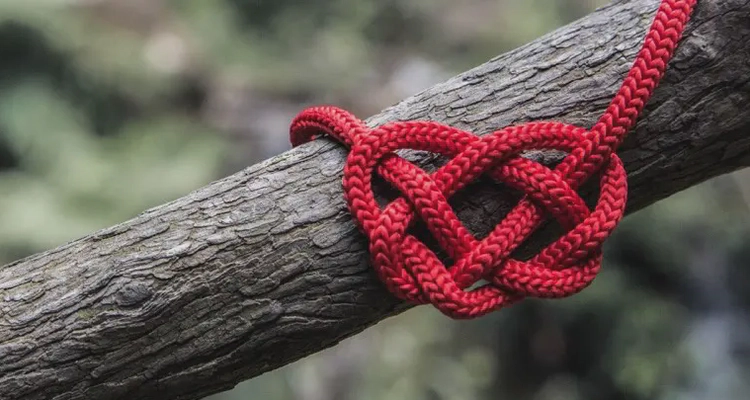
Special Tributes
Bagpipes can also be used to pay tribute to absent or departed loved ones, acknowledging their presence in spirit. Slow airs and laments played on the bagpipes can be profoundly moving.
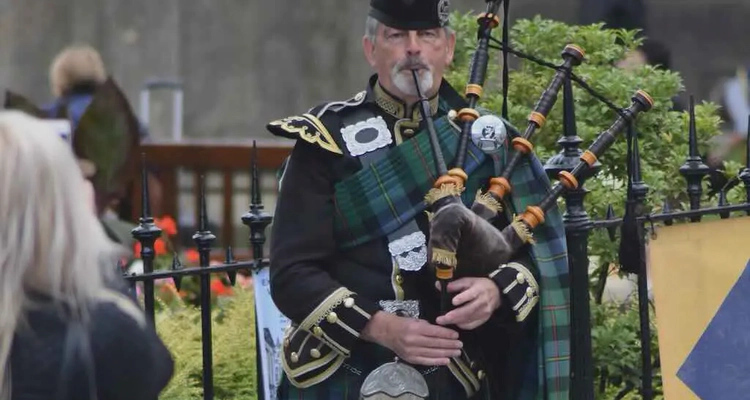
Choosing the Bagpiper
When incorporating bagpipes into a wedding, it’s important to hire an experienced and skilled bagpiper who is familiar with wedding protocols. They can advise on appropriate tunes for each part of the wedding and ensure the music aligns with the overall tone and theme of the day.
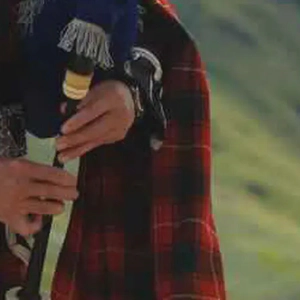
Considerations
- Volume: Bagpipes are naturally loud instruments, so consider the venue’s size and acoustics when planning where and when the bagpiper will play.
- Repertoire: Discuss the music selection with the bagpiper in advance. They can provide suggestions for tunes that are suitable for weddings and may also learn specific requests if given notice.
- Coordination: Ensure the bagpiper’s timing is coordinated with the wedding planner or ceremony coordinator to seamlessly integrate their performance into the day’s events.
Incorporating bagpipes into a wedding not only honors Celtic heritage but also adds a layer of majestic and emotional resonance to the celebration, making the occasion even more memorable for the couple and their guests.
- Bagpipes